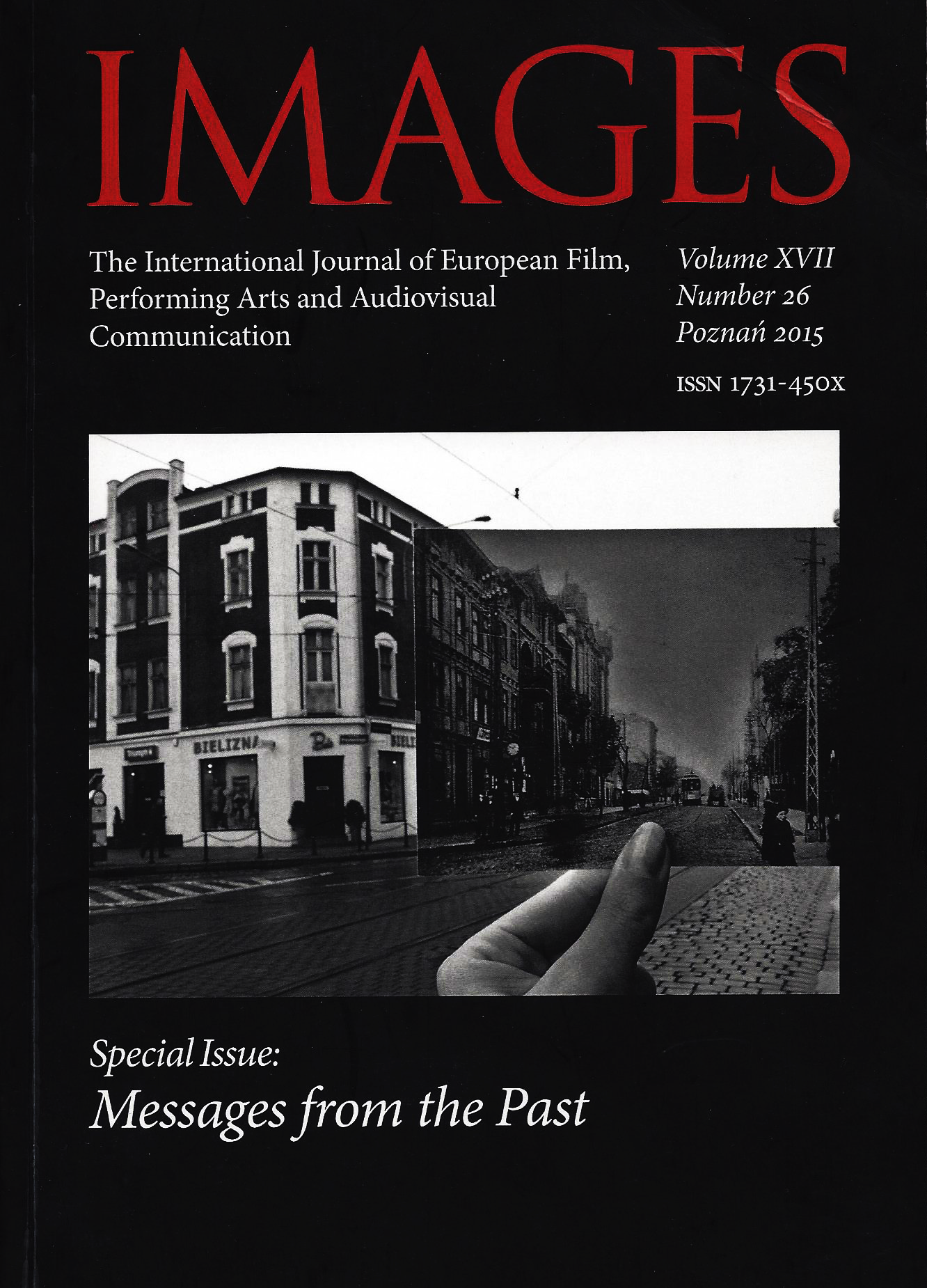Pamięć miasta i postulat autentyczności na przykładzie filmu Życie na podsłuchu
The memory of the city and demand for authenticity on the example of film The Lives of Others
Author(s): Magdalena DobkiewiczSubject(s): Post-War period (1950 - 1989), Film / Cinema / Cinematography, Sociology of Art
Published by: Uniwersytet Adama Mickiewicza
Keywords: Florian Henckel von Donnersmarck; The Lives of Others; Das Leben der Anderen; collective memory; authenticity; coming to terms with the past; Berlin; Stasi;
Summary/Abstract: This article is a reflection on the category of authenticity in cinema, based on Florian Henckel von Donnersmarck's movie The Lives of Others (German: Das Leben der Anderen). The action of the film takes place in the late 1980s in East Berlin. The film can be classified as belonging to the category of “coming to terms with the past” and may be treated as a representation of collective memory concerning Berlin, as it depicts Berlin and the former institutions of communist terror. However, it is also an important statement about German collective memory in general. The focal point in the debate on this film is the category of authenticity, which I attempt to trace in the topography of Berlin related to the communist past present in the movie. The main problem is the juxtaposition of materialized and authentic forms of remembering (e.g. buildings, the streets of Berlin) with a fictional story. In case of this movie, it turns out that the pursuit of authenticity to some extent violates taboos of German collective memory, as it conflicts with the canon of official memory, as well as, in some cases, the canon of the audience’s memory (many of whom can still recall the communist past).
Journal: Images. The International Journal of European Film, Performing Arts and Audiovisual Communication
- Issue Year: 12/2013
- Issue No: 21
- Page Range: 283-289
- Page Count: 7
- Language: Polish

